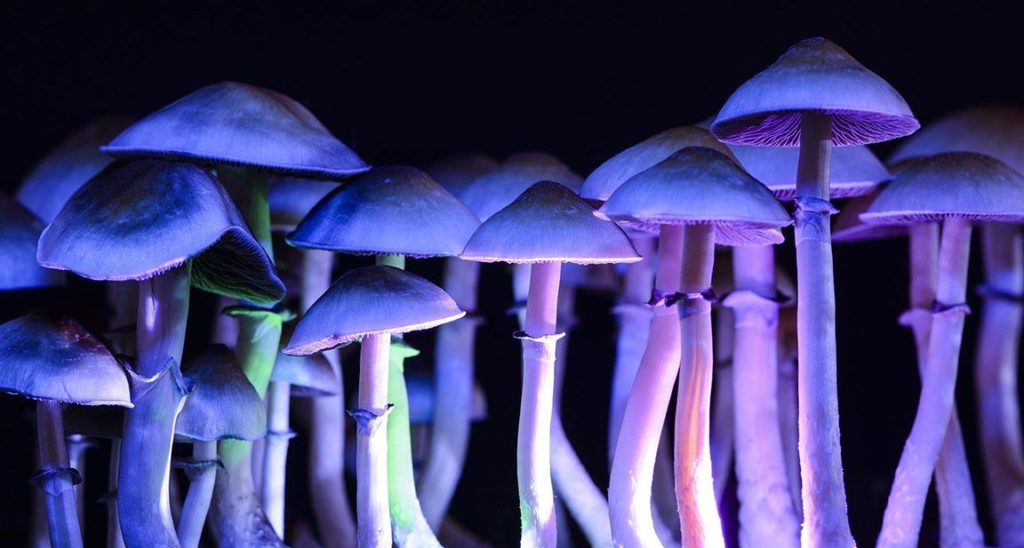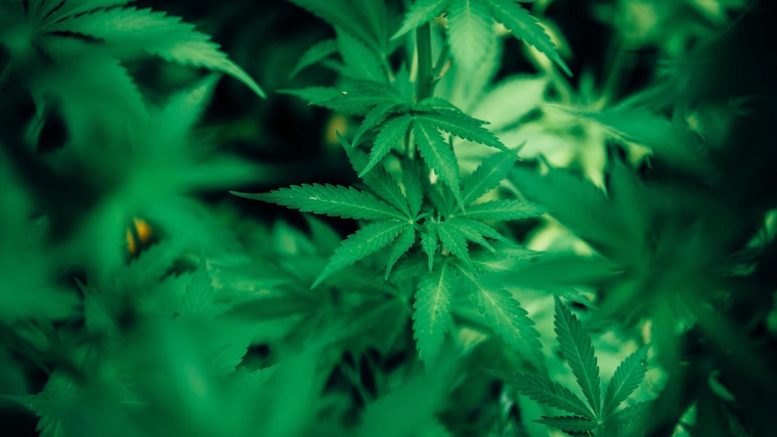In different cultures for centuries, psychedelic popularization for recreational use in the 1960s led to a moral panic, resulting in criminalization, even when psilocybin, found in magic mushrooms, has served the religious or spiritual purposes. Likewise, cannabis and CBD oil have been portrayed in anti-drug crusades for decades. It has been considered as a dangerous material with the potential of setting off the habit of hard drug abuse. In some studies, a specific compound of cannabis has been found to treat neurological disorders and brain injuries like multiple sclerosis, Parkinson’s disease, aggressive cancers in the body and brain, and Alzheimer’s.
Brain and Nerves Protection
At present, psilocybin is used frequently for treating conditions relating to mental health; there are several possible ways to use it. And among the most researched indications for psilocybin treatment are anxiety and depressions. As a UCLA David Geffen School of Medicine, professor of psychiatry, Dr. Charles Grob puts it, some preliminary results have emerged in such areas as treatment of existential anxiety and overwhelming depression for people diagnosed with advanced-stage cancer and facing the end of life.
Marijuana compounds like neuroprotectants serve as agents that improve moderate injury to the nervous system and the brain caused by disease states or the process of inflammation, damage, and toxins exposure in the human body. Also, these agents encourage the development and growth of fresh neurons. There are several forms of neuroprotectants, ranging from natural substances to synthetic herbs or drugs and vitamins. Courtesy of the cannabinoid receptors and its antioxidant and anti-inflammatory properties of the body, recent studies indicate that the most powerful of these may be cannabis.
When it comes to psilocybin effects on the brain, neuroscientists have discovered that the standard psychedelic drugs’ feature is to act as an activator of the serotonin. Also, psychedelic drugs decrease blood flow to the brain’s default mode network, switching it off or quieting it. The purpose of the default network is to regulate how people place their bodies in space, memory, and self-reflective thought. Today, there is a significant rise in the therapeutic benefits of Psilocybe Cyanescens Magic Truffles against where previous studies left off decades ago.
THC Combats Brain Cancer

As non-psychoactive, CBD has gained more focus on cannabis’ neuroprotective properties, which is significantly connected with fighting inflammation and supporting functions of the immune system. However, some of the roles the psychoactive THC, the product of the natural cannabis High Supplies autoflowering seeds has to do with fighting a few of the most unbeatable and aggressive brain cancers and other parts of the human body and also defending vulnerable cells.
A mostly fatal, aggressive, and fast-growing type of cancer is glioma that develops in the brain’s glial cells and occasionally people’s spinal cord. As such, there are limited treatment options since glioma is mostly inoperable.
However, with THC, it is possible to decrease the proliferation of malignant glial cells, according to the cannabis’ effect on glioblastoma cell lines in recent studies. Also, it prompted a course known as programmed cell death, which is apoptosis. THC selectively ignores the healthy cells as it targets only the cancerous cells. Other research has the backing of these earliest discoveries as it shows that cannabis can target the development of tumors in the breast, lungs, and other parts of the body.
Psilocybin is Close to Surgical Intervention to Mental Illness

The result of two controlled clinical trials of the psilocybin effects on people dealing with distress and depression connected to facing the end of life is that they can treat anxiety and depression significantly through a single dose of the drug. Johns Hopkins University researchers performed the first trial, and New York University researchers made the other. The anxiety and depression of participant at John Hopkins were decreased significantly six months after the experience, as measured by what is considered a gold standard psychiatric evaluation. About 60 to 80 percent of the participants at the NYU shows similarly reduced depression and anxiety six months of taking a single psychedelic trip.
Cannabis Heals Brain Injury and Trauma
There are many ways for the brain to be injured. A blood vessel blockage or a burst blood can be as a result of stroke leading to the death or damage of multi-functional neurons like coordination or memory. A head impact can cause traumatic brain injury, which results in bleeding and swelling and, ultimately, death and damage of cells around the area.
Cannabis has reduced brain cell damage triggered by these events in a wide range of studies. Also, cannabis has the power to encourage new brain cell growth, known as neurogenesis, which is considered complicated in any circumstances until recently.
Psilocybin Eases Depression
David Nutt, an Imperial College, London neuroscientist, wrote a study in 2012 on psilocybin, where he discovered changes in the brain activity patterns of people on the drug. The parts of the brain consider being a significant player in maintaining our sense of self was not discussed even when some regions became more pronounced. According to Nutt, there is a strong connection between the sense-of-self area and the brain circuits in depressed people. He reiterated that the brains of those that get into depressive thinking are overconnected. There will be an intense relief when thinking goes by loosening those connections and developing new ones.
Psilocybin also makes people feel good. Also, related to the effects of low doses of marijuana, psilocybin can lead to the feeling of relaxation. By acting on neural highways in the brain that uses the neurotransmitter serotonin, psilocybin is considered to produce most of their effects similar to other hallucinogenic drugs like peyote or LSD. Psilocybin affects the prefrontal cortex of the brain, which is the brain region that regulates thought analysis, abstract thinking, and performs a vital role in perception and mood.
With the capability of neurotoxin to trigger neurological damage and which comes in various forms like pesticides, industrial solvents, they can kill or affect brain cells that control movement, memory, and other activities. In particular, when toxic substances cause inflammation of nerve cells, especially damage to the brain associated with protracted alcohol abuse, CBD is capable of protecting these nerve cells.
